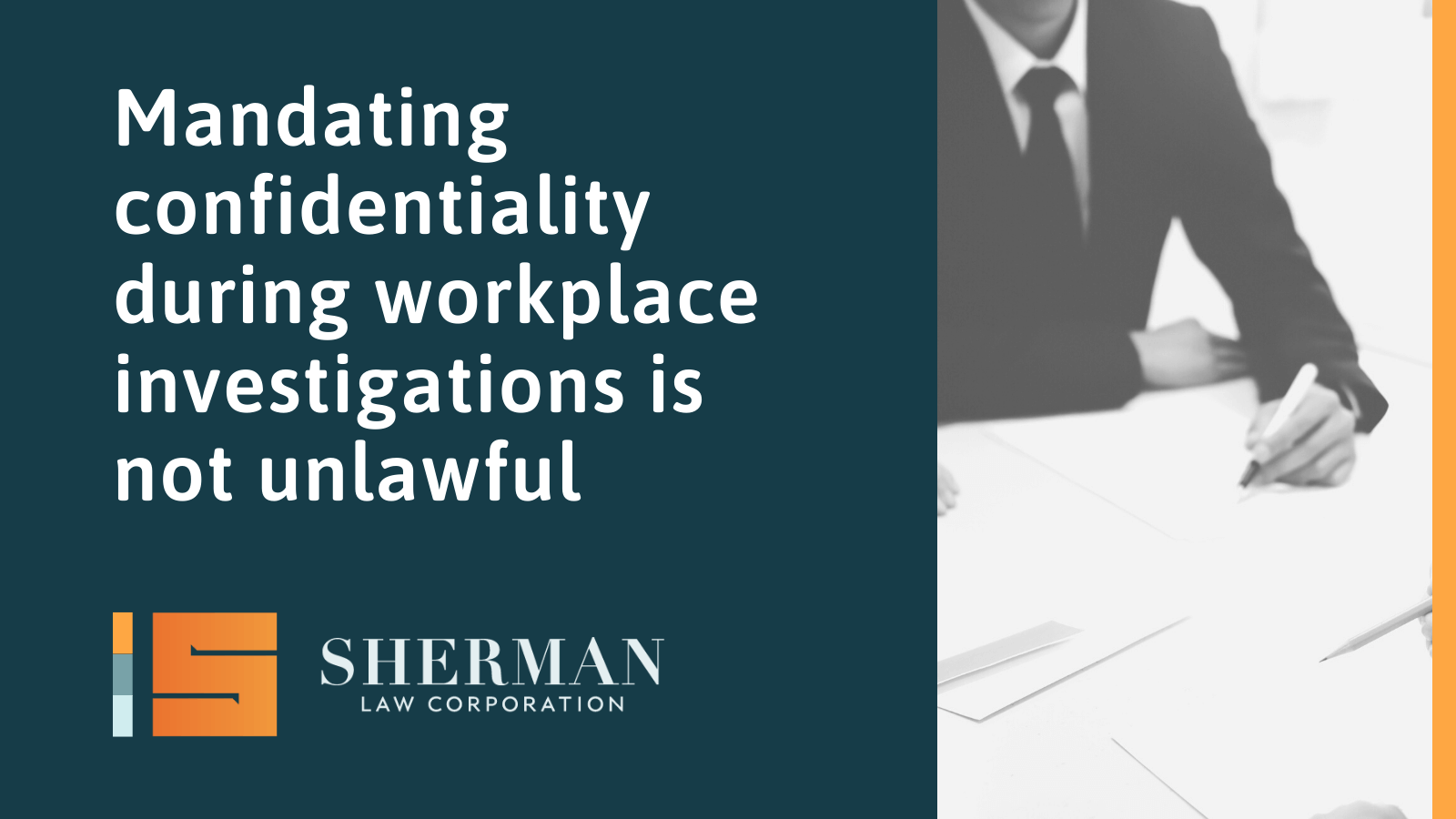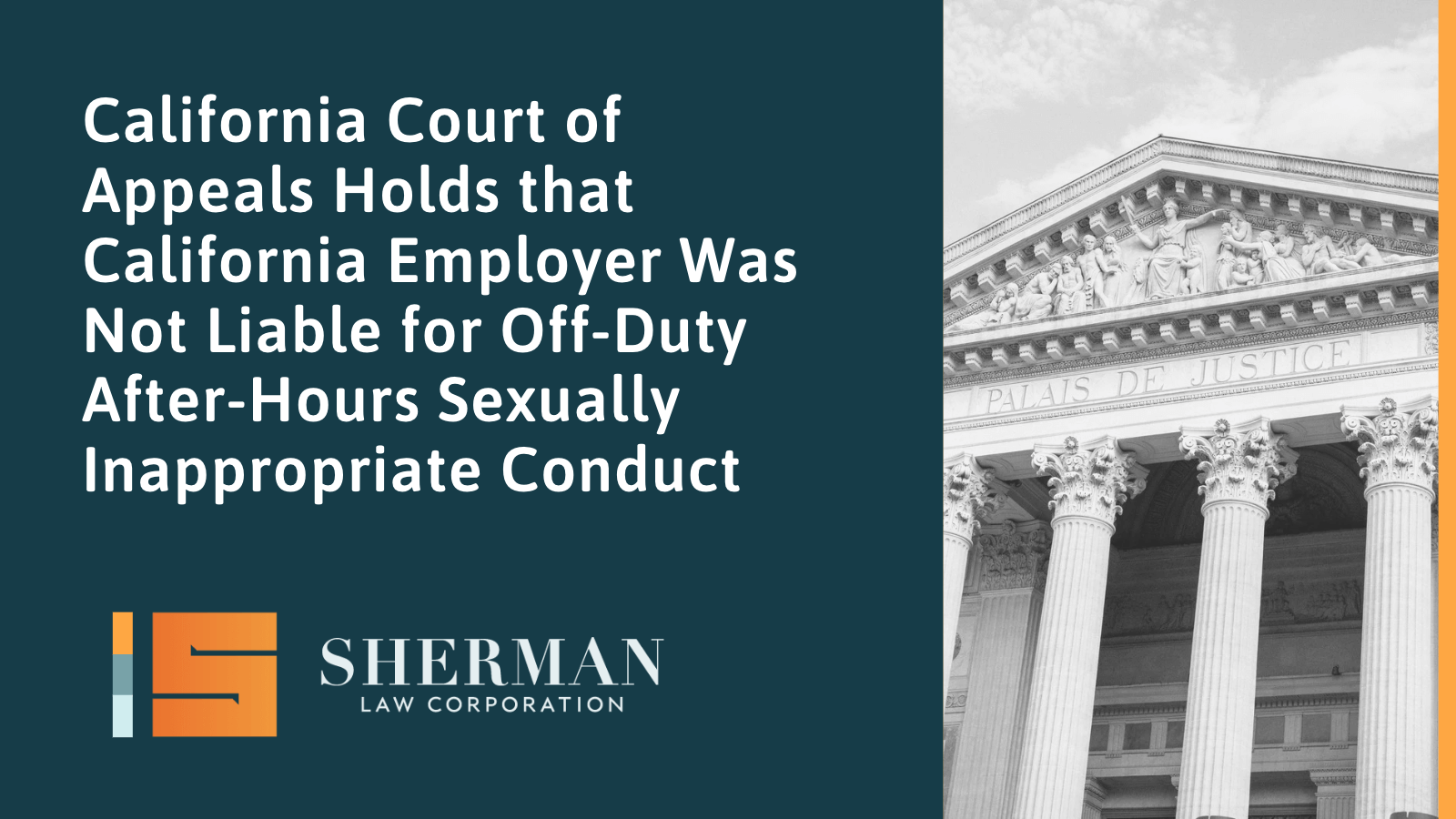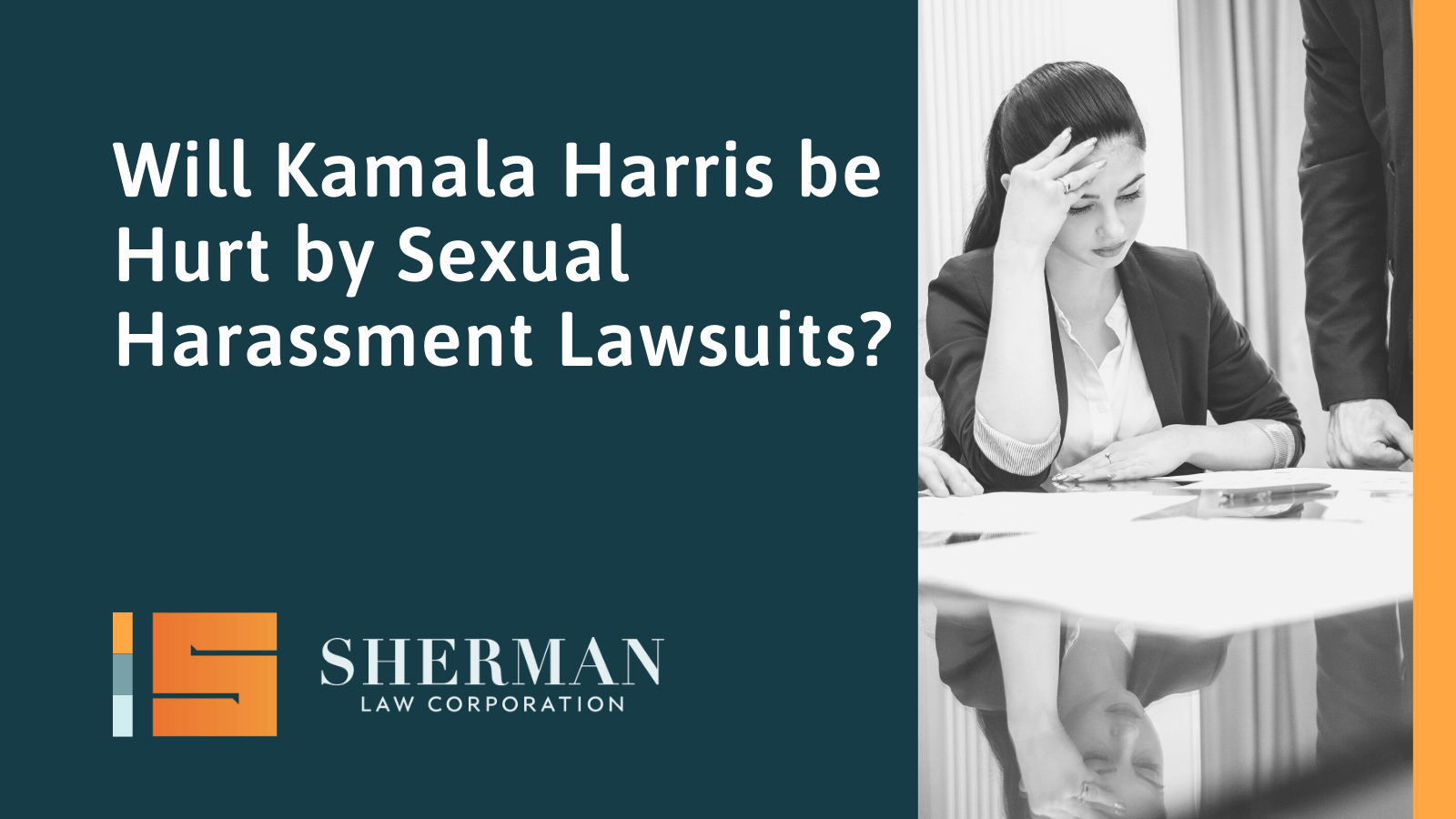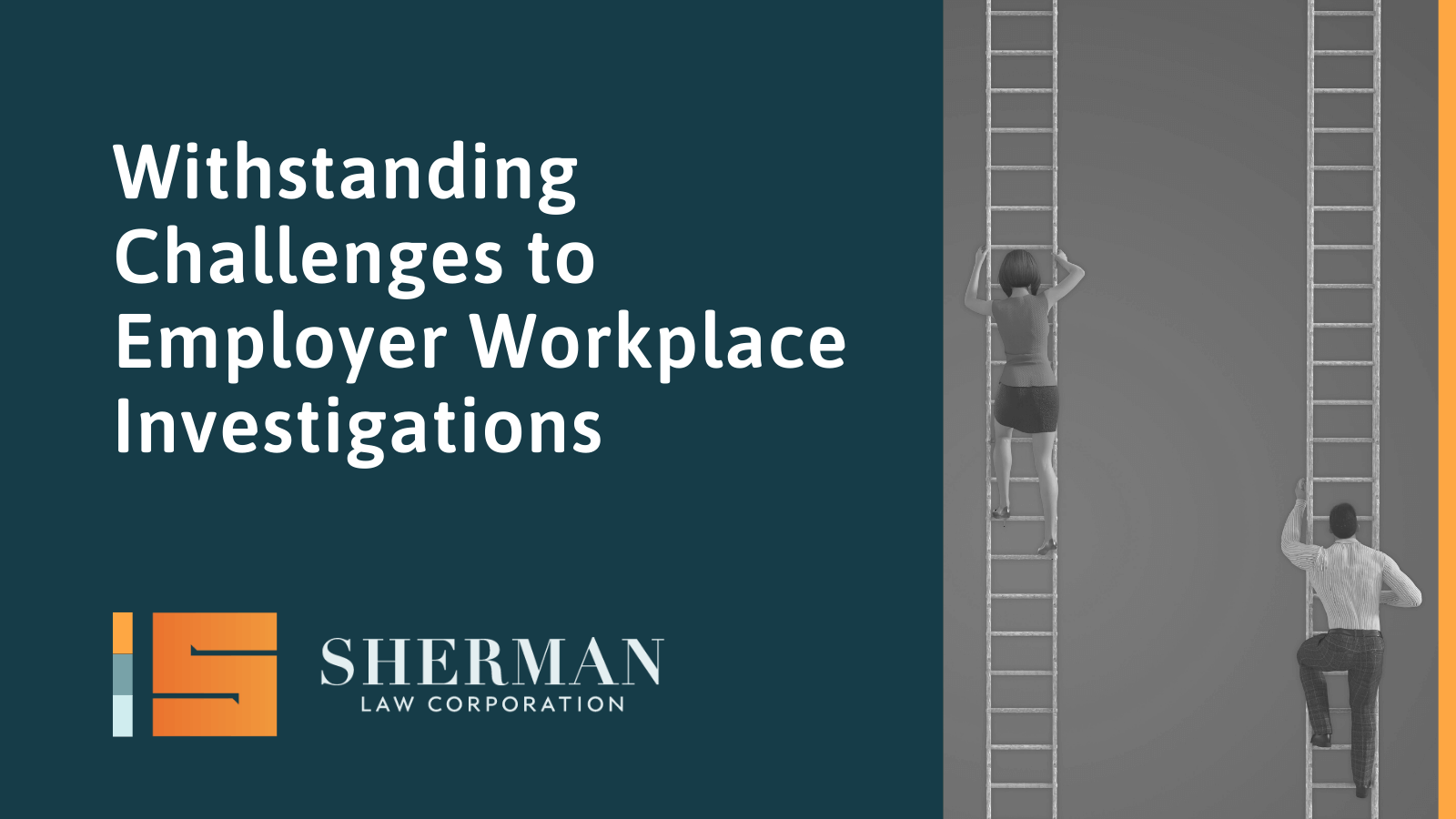
There can be a lot of confusion during a California workplace investigation, and employers need to know what their rights are and how they can best protect their business.
An experienced employment law attorney from Sherman Law Corporation can help employers navigate workplace investigations and other aspects of discrimination claims and litigation.
Confidentiality During A Workplace Investigation
You may be surprised to learn that mandating confidentiality during a workplace investigation is not unlawful. The National Labor Relations Board has previously ruled that employers have the right to require confidentiality during a workplace investigation.
One case where the NLRB sided with the employer was the case of Apogee, a retail store.
On December 17, 2019, in Apogee Retail LLC dba Unique Thrift Store, 368 NLRB No. 144 (2019), the National Labor Relations Board (NLRB), held that requiring confidentiality during workplace investigations is lawful.
This court ruling overruled the NLRB’s recent precedent, Banner Estrella Med. Ctr., 362 NLRB 1108 (2015) enforcement denied on other grounds, which held that such mandates infringe on the rights of employees under the National Labor Relations Act to engage in “concerted protected activity” which includes the right to discuss discipline or ongoing disciplinary investigations involving them or their coworkers.
The decision of the court in the Apogee case relieves employers of the prior burden to establish on a case-by-case basis, ruling instead that its interest in conducting a specific confidential investigation outweighed the employees’ interest in exercising “concerted activity rights.”
The ruling also ended the conflict with the Equal Employment Opportunity Commission (“EEOC”), which encourages employers to maintain the confidentiality of discrimination investigations to the extent possible to encourage victims to report.
The NLRB’s ruling applied the new Boeing standard for determining the legality of facially neutral workplace rules, concluding that rules requiring employee confidentiality during workplace investigations are presumptively legal.
This legal protection enables employers to respond quickly to misconduct through a prompt investigation with the appropriate confidentiality. It also protects employee privacy and ensures there will be no retaliation by other employees.
Weighing Worker’s Rights Vs. Employer’s Rights
While the Board concluded that these rules may impact employees’ rights under the National Labor Relations Act, such impact would be “comparably slight” in light of the employers’ justification for confidentiality in workplace investigations.
The NLRB stopped short of ruling on the legitimacy of the employer’s justification for requiring confidentiality. Instead, it remanded the case for more consideration instead of taking an immediate position on the issue.
Additionally, the Board warned that the rules of the cast didn’t prohibit employees from discussing the events that led to the investigation.
What Employers Need to Know About Confidentiality During An Investigation
The Apogee Retail decision was a big step forward for employers.
The ruling makes it much easier for employers to comply with Banner and relieves pressure on employers who are involved in highly-sensitive workplace investigations.
Confidentiality is crucial when an employer is dealing with sexual harassment claims, battery claims, or substance abuse claims where the punitive damage from the allegation alone could be damaging to the employer’s reputation.
Because of the Apogee decision, employers can require confidentiality during investigations and train internal investigators to maintain confidentiality throughout the investigation.
Confidentiality agreements can prevent a wide range of problems in the investigation, including:
- witness coaching,
- story alignment,
- privacy violations,
- retaliation, and
- other barriers to the truth of the situation
It also can stop rumors from flying in the workplace. For these reasons – and because it’s essential to a fair and unbiased workplace investigation – confidentiality is something that employers should be mandating.
Contact Lisa Sherman for more information
For more information on how employers can use existing legal tools to their advantage during workplace investigations, contact our dedicated California employment law attorneys at Sherman Law Corporation today.
For more information on preparing policies mandating confidentiality in workplace investigations, contact Lisa Sherman at (323) 488-2087 or lisa@sherm-law.com.




